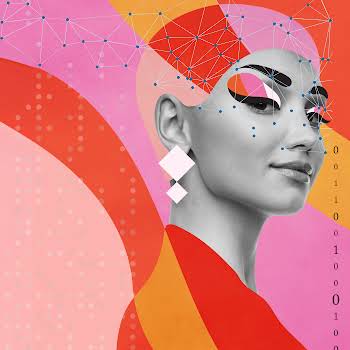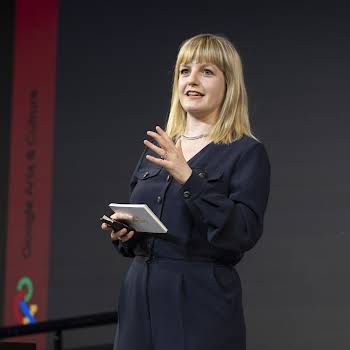
Artificial Intelligence: The robots are coming, but maybe that’s not a bad thing
By Amanda Cassidy
23rd Apr 2023
23rd Apr 2023
A lot has been written about the fears when it comes to AI taking over. As Chat GPT hits an estimated 100 million monthly active users, it means it has become the fastest growing consumer internet application in history.
Ever since its launch in November, the ask-me-anything tool has been the go-to-resource for advice on just about any topic it’s been trained on and can complete complex tasks like debugging code, doing research and writing articles.
But will artificial intelligence one day surpass human thinking? And what might that mean for us?
Advertisement
The rapid progress of AI, coupled with our standard fears of machines has naturally brought up the debate of what happens if we lose control of such a powerful thing.
Danger
A Fine Gael Senator from Louth has weighed in saying that while AI has great potential, it also poses a “major threat to our democracy” if left unchecked. John McGahon was referring to how it might affect our political system.
“The Cambridge Analytica scandal, where data from 50m Facebook users was used to try and sway the outcome of the 2016 US Presidential election and the UK’s Brexit referendum in the same year, is an example of where governments failed through regulation to protect citizens against big tech.
“We have seen what has occurred internationally in the past with elections and referendums targeted by advancing technology. It will be no different with the advent of AI,” Mr McGahon said.
He was speaking after the family of former Formula One champion, Michael Schumacher announced they are suing a German publication for creating a fake AI interview with the with the severely injured ex driver.
The concept of super intelligence, where artificial intelligence (AI) surpasses human intelligence, has been a topic of debate and fascination for decades. While some may worry about the potential risks of super intelligence, there are many potential benefits as well.
Advertisement
Benefits
One of the primary benefits of super intelligence is the potential for significant advancements in fields such as healthcare, education, and climate change. For example, AI can help doctors diagnose diseases more accurately and efficiently, potentially saving lives.
AI-powered educational tools can personalize learning experiences for students, making education more effective and accessible. And AI can help us better understand and address the complexities of climate change by analysing vast amounts of data and making predictions about the impact of various actions.
Super intelligence can lead to breakthroughs in fields that are currently limited by human cognitive capacity, such as mathematics and physics. AI can also help us solve complex problems that require large amounts of data processing, such as finding new drug candidates or optimising traffic flow.
Future
Of course we are primed to fear the worst. But a fear of machinery or technology isn’t a few thing. For hundreds of years, steam-powered spinning machines displaced hand weavers. After an outcry of the loss of jobs to these ‘robots,’ over the following decades, the textile output had increased and created mass employment.
Intervention and advancement is what drives the world. If history is a guide, it’s more likely that AI will create as many jobs as it might destroy.
AI will become more sophisticated and it will make things different, but it might also solve some of the conundrums of the universe, create new medical paths that can save lives.
Advertisement
As humans we don’t like change – but if we slow-down and consider the benefits to a collective higher intelligence, AI takeover doesn’t mean all doom and gloom.






















